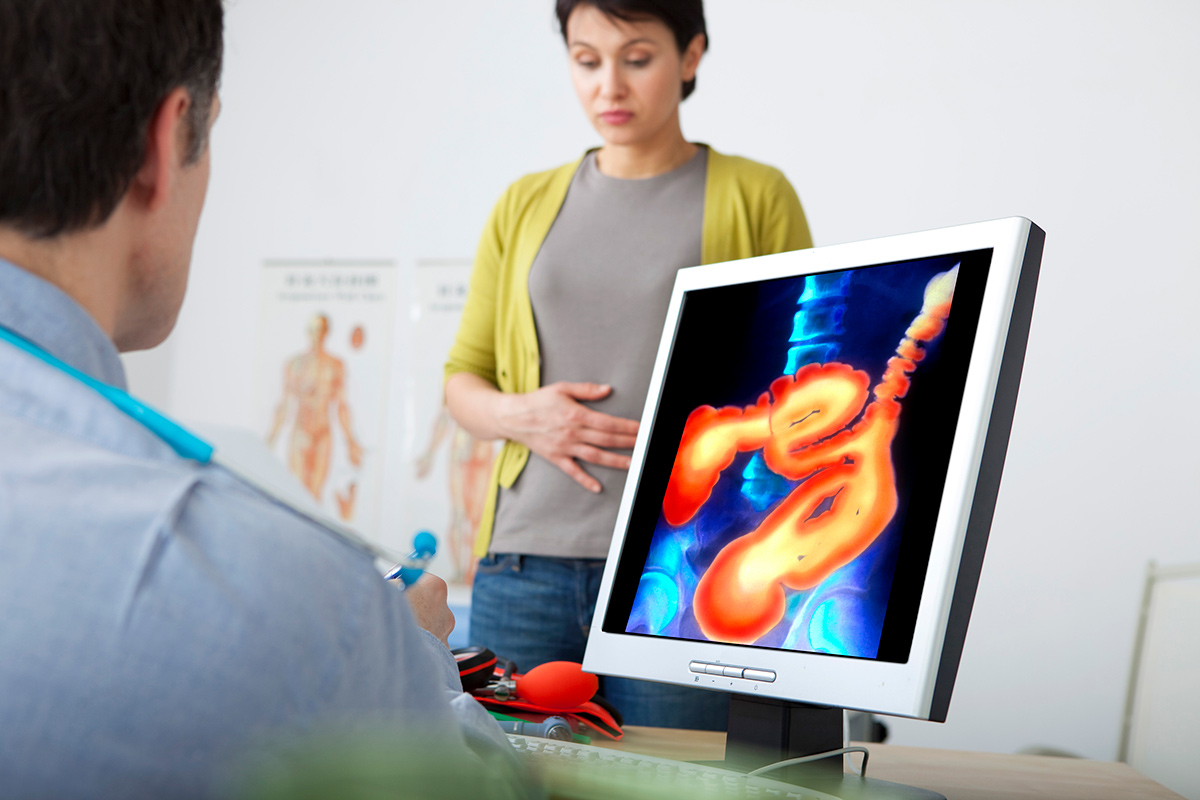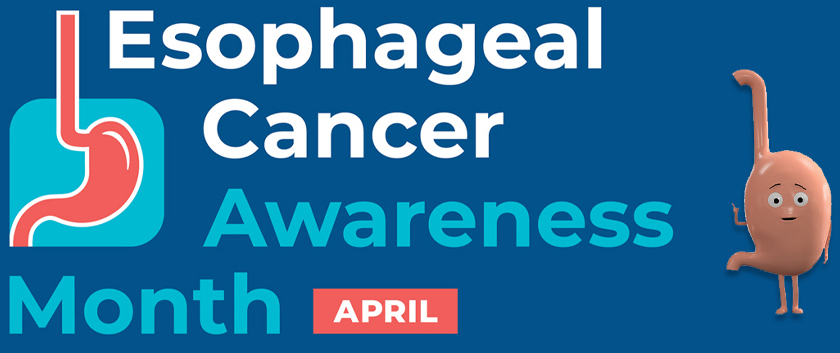
Crohn’s Disease: Identifying Symptoms and Applying Effective Treatment Options To Target An Uncomfortable Condition
Crohn’s Disease is a medical condition that is part of a larger group of conditions called Inflammatory Bowel Disease (IBD). Although it mimics some of the same issues as ulcerative colitis, Crohn’s Disease differs in its location and involvement of the gastrointestinal tract (GI tract).
Crohn’s Disease is a medical condition that is part of a larger group of conditions called Inflammatory Bowel Disease (IBD). Although it mimics some of the same issues as ulcerative colitis, Crohn’s Disease differs in its location and involvement of the gastrointestinal tract (GI tract). Crohn’s Disease is a chronic condition that can cause inflammation in the lining of a person’s digestive tract. This can result in severe pain, bleeding, infection, and diarrhea. Some cases can be severely debilitating. There is no cure for Crohn’s Disease, nor is there a definitive cause for this disease. Likely genetic and environmental factors play roles in the development and progression.
Discussing this condition with your physician, will allow for the identification of the disease as well as facilitate treatment options for better control of the symptoms early. This will allow for a better quality of life and can help in long-term remission.
It is believed that there may be a genetic component to developing Crohn’s Disease since around 20% of people diagnosed with this condition have a blood relative with an IBD or other autoimmune condition. Other risk factors that may be involved in developing or activating Crohn’s Disease include:
– Age – Children and young adults are at more risk than older adults for developing this disease.
– Ethnicity – People of Jewish decent are at the highest risk.
– Family history – You are at higher risk if you have relatives with the same disease
– Tobacco – Smoking can exacerbate the condition
– Nonsteroidal anti-inflammatory medications – examples include Advil, Motrin, Ibuprofen
– Where you live – Studies have shown that you are at a higher risk if you live in an urban area or industrialized
country. These studies lend some to believe that diets high in fat or refined food contribute to Crohn’s Disease.
When talking to your doctor about your condition, the following are common symptoms associated with Crohn’s
Disease:
– Diarrhea
– Fever and fatigue
– Abdominal pain and cramping
– Blood in your stool
– Mouth sores
– Peri-anal disease
Depending on the location and severity of the condition, treatment options for Crohn’s Disease may include medication, nutritional supplements, and surgery. Talk to your doctor today regarding your symptoms.
The doctors at the Center for Digestive Disease have many years of experience identifying and treating Crohn’s Disease. Contact them today at 936-321-5440 to schedule an appointment to talk about your symptoms.



